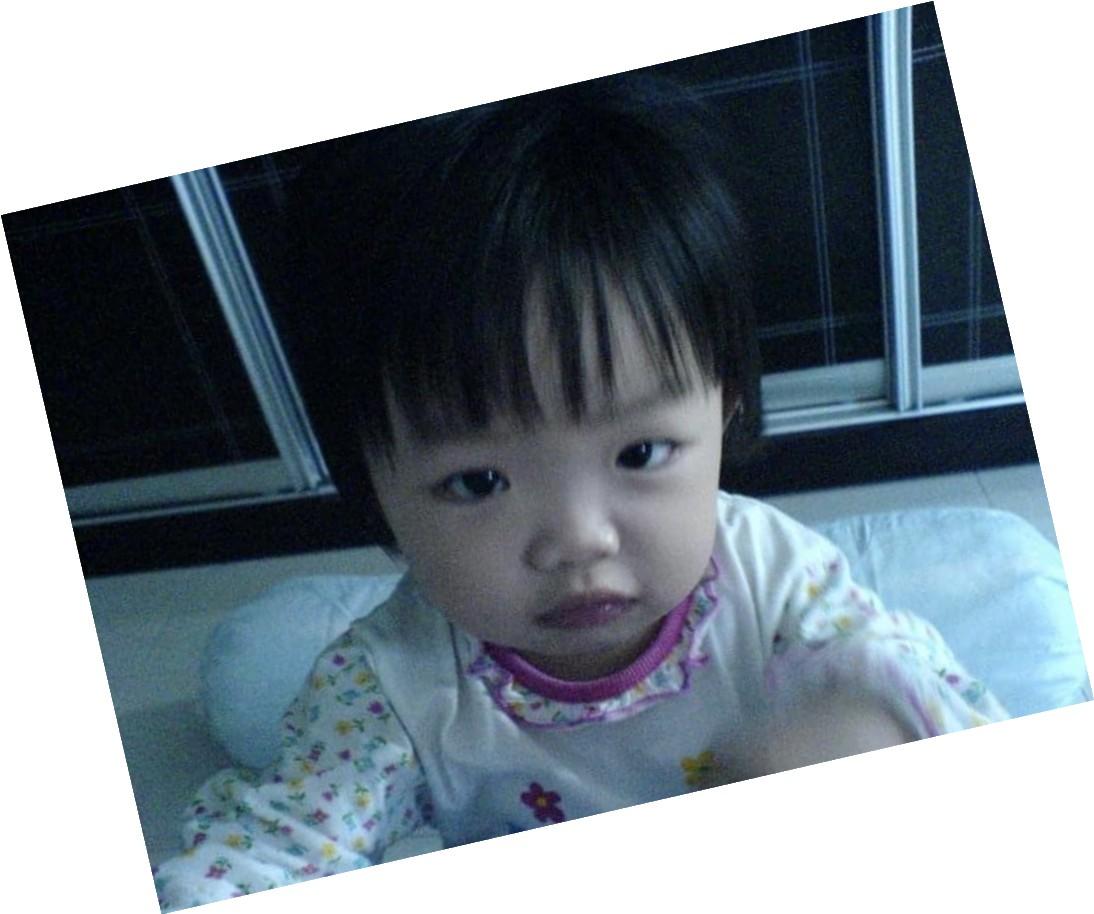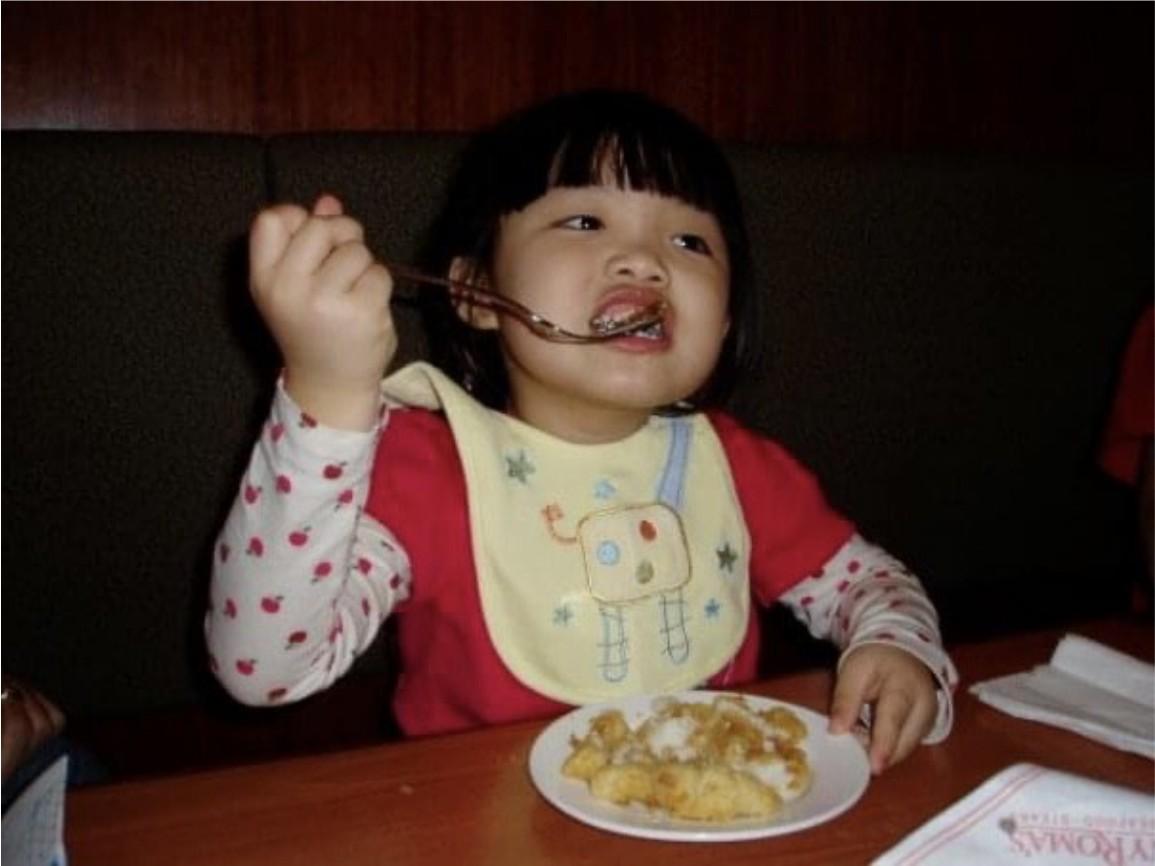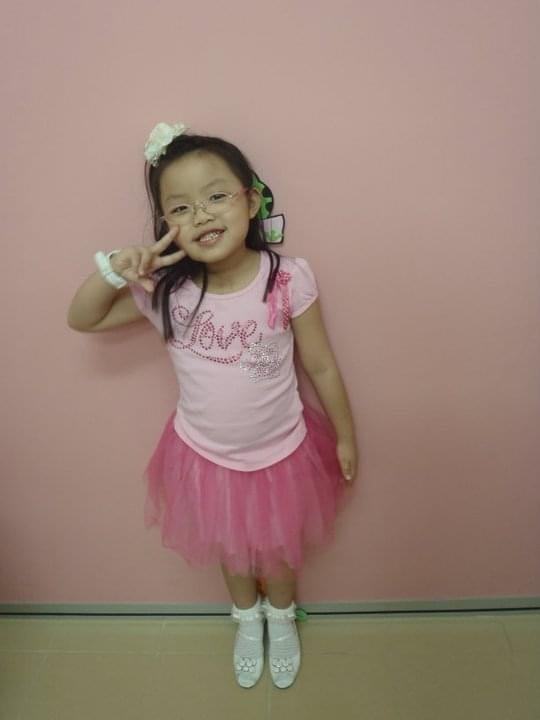

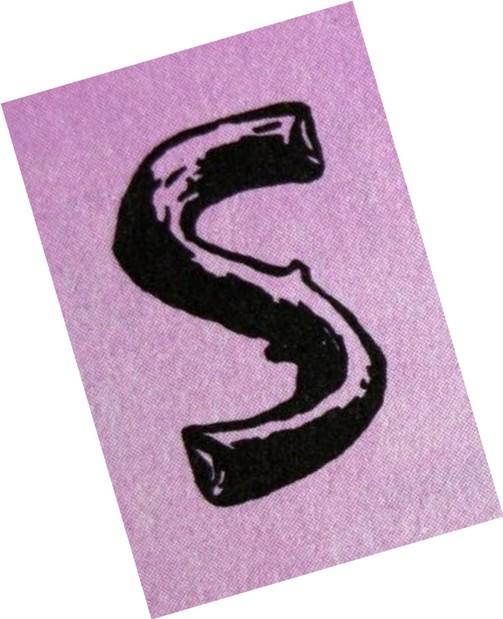









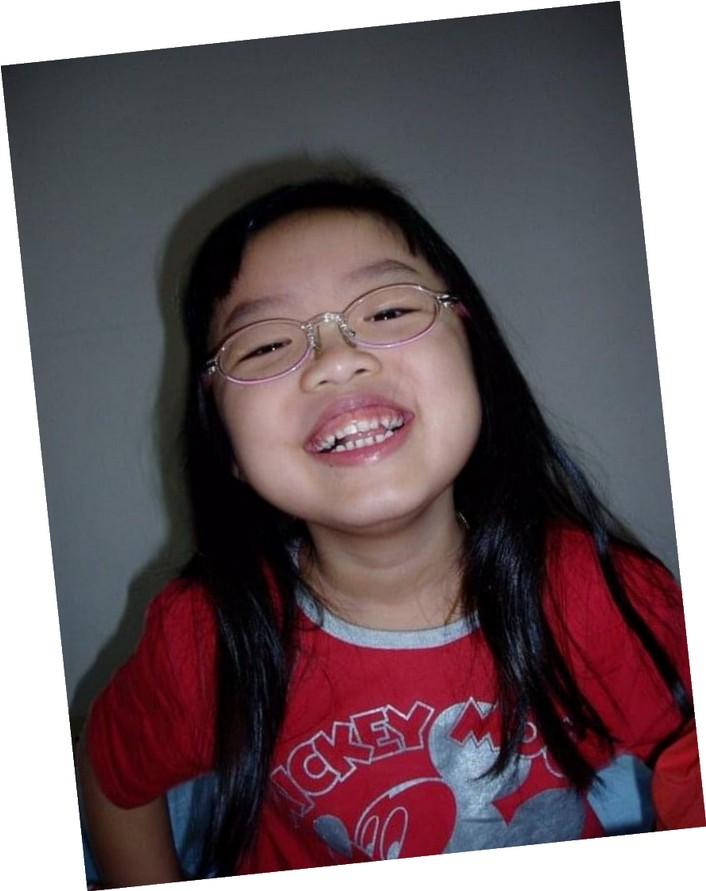

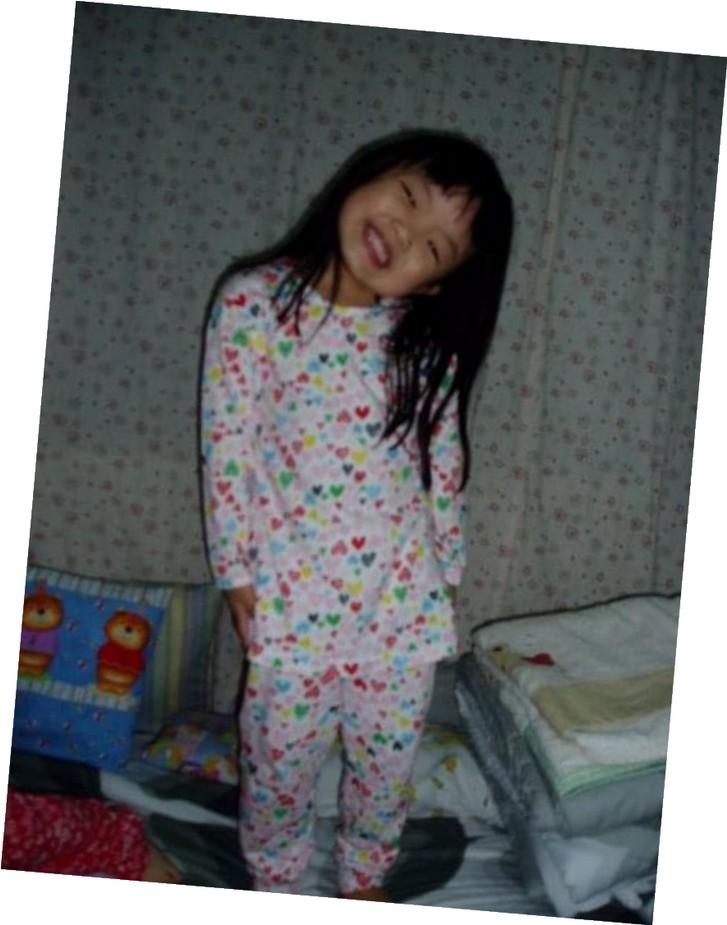

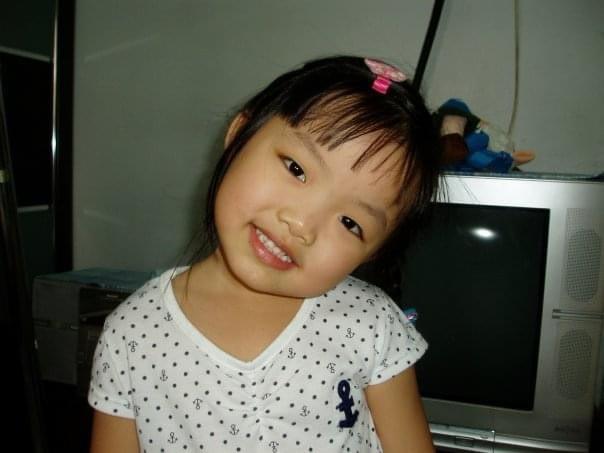
Faustine Khoo Xiao Xin (RKL-AP2305001)
RKL-DPS026: Introduction to Psychology
July 24, 2023



















Faustine Khoo Xiao Xin (RKL-AP2305001)
RKL-DPS026: Introduction to Psychology
July 24, 2023

Chapter 1 –Introduction (pg 4-5)
Chapter 2 - Infancy and Childhood Period
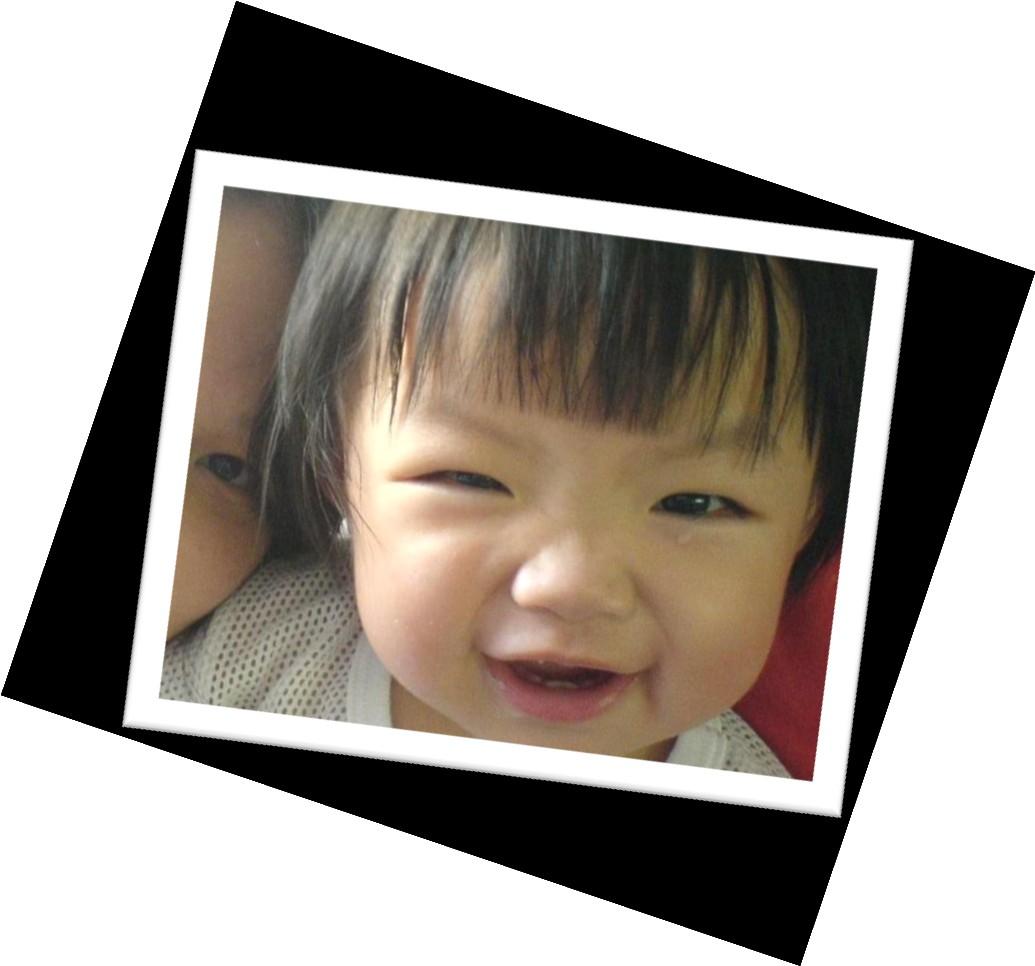
Temperament (pg 8)
Attachment Style (pg 9)
Erikson’s Psychosocial Stages of Development – Industry VS Inferiority (pg 10-11)
Chapter 3 - Adolescence & Early Adulthood Period
Stress (pg 13)
Perfectionist (pg 14)
Overthinking (pg 15)
Burnout (pg 16)
Erikson’s Psychosocial Stages of Development – Identity VS Role Confusion (pg17)
Chapter 4 - Conclusion (pg18)
References (pg19-20)

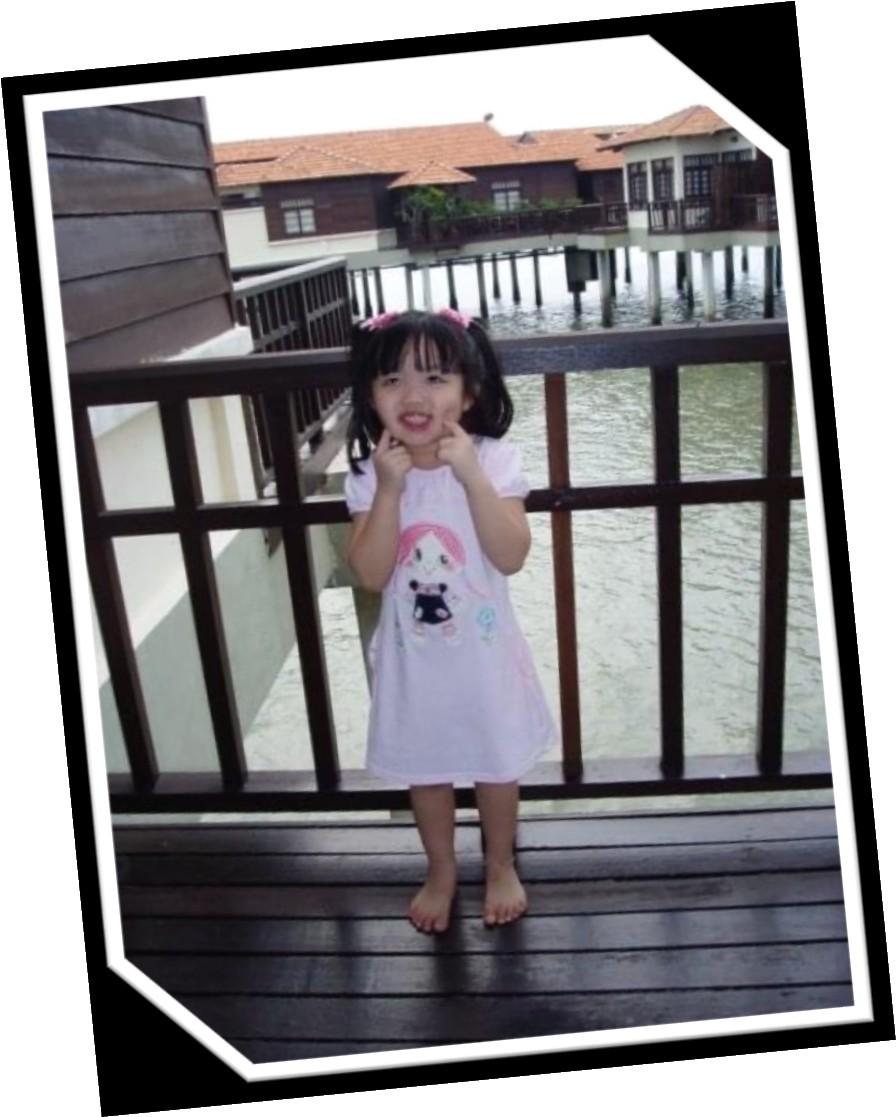
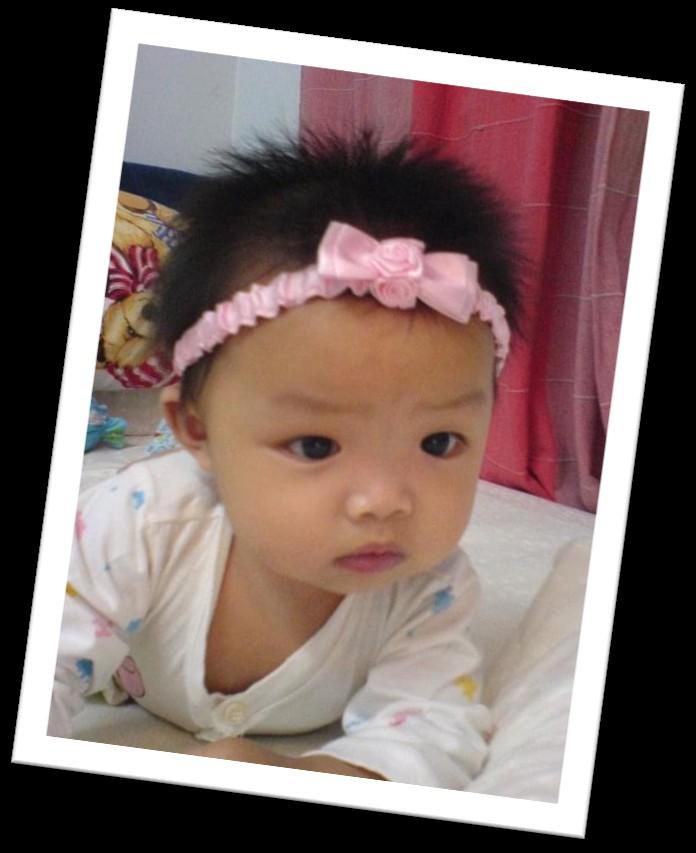

• 18th of July 2005
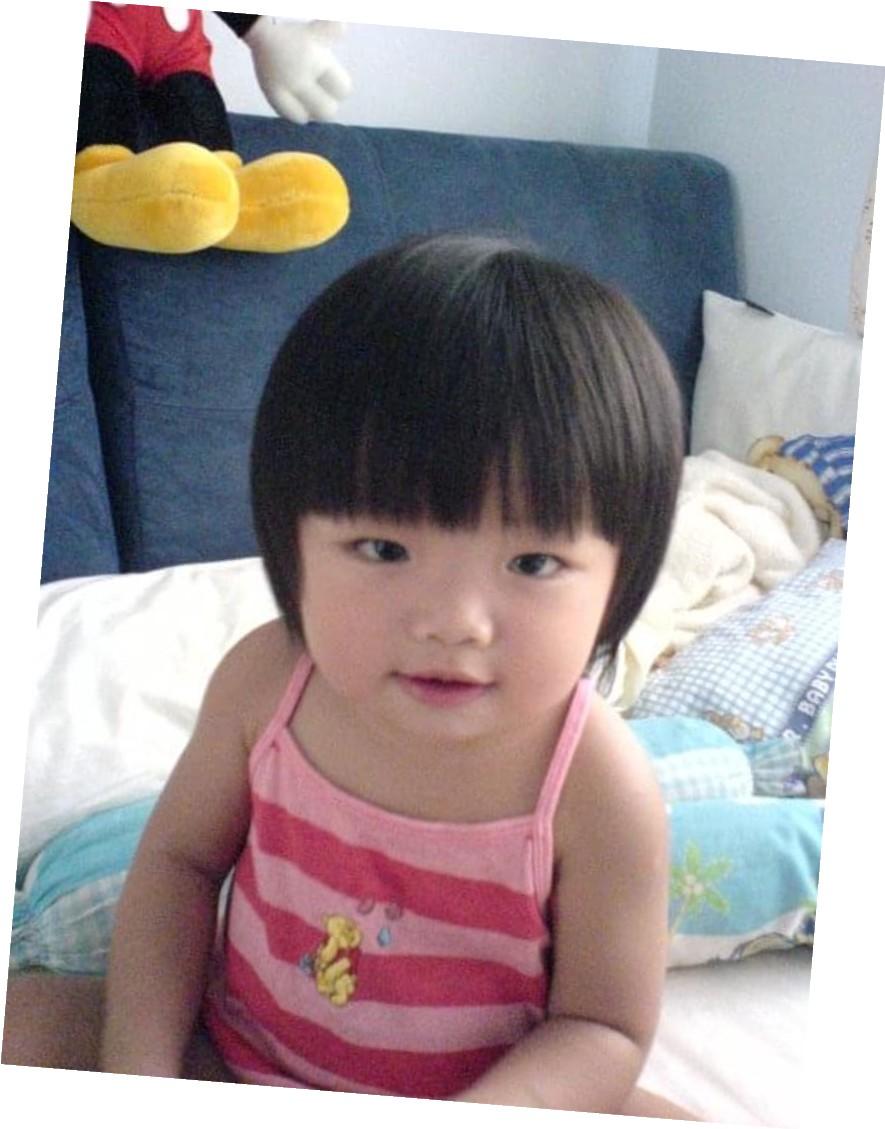
• Seremban
• One sibling
• Loving, strict, and conservative family
• Perfectionist, pessimistic, and stressful

• To know myself better
• To relate psychological theory with my growing experience




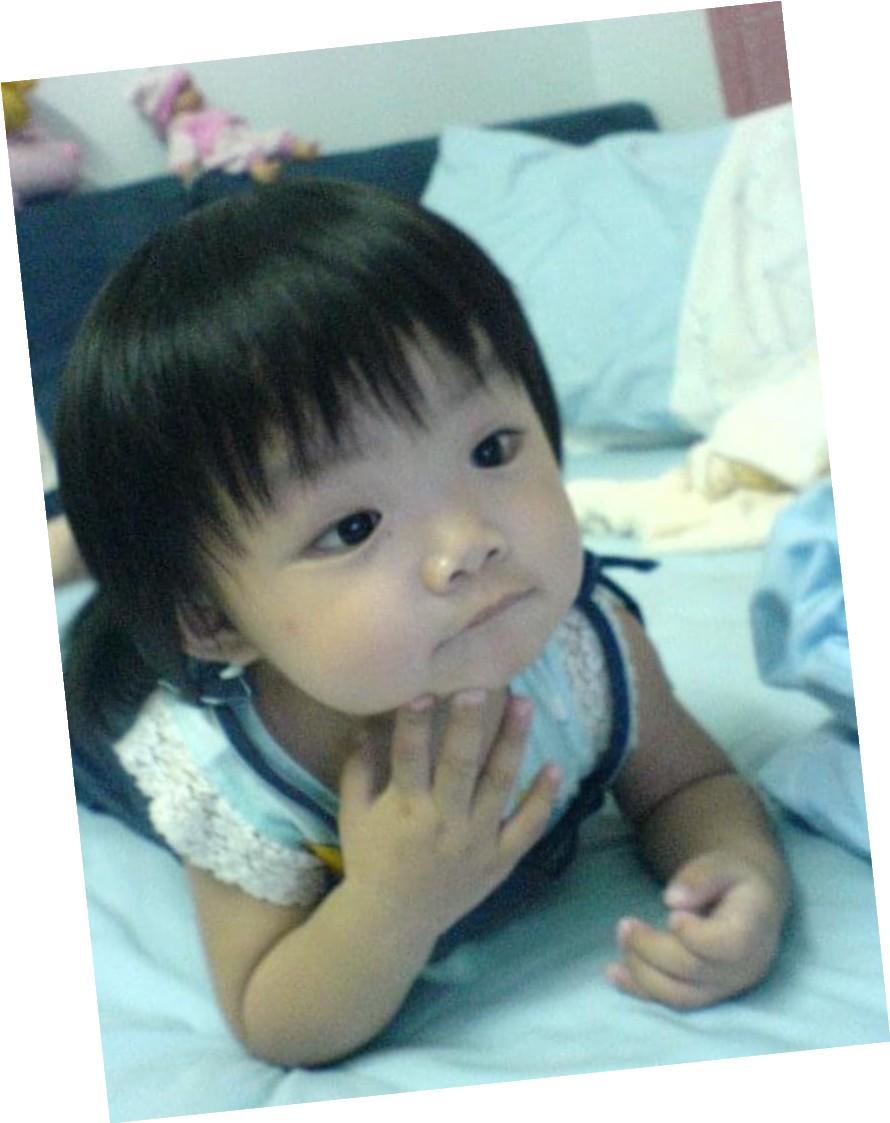

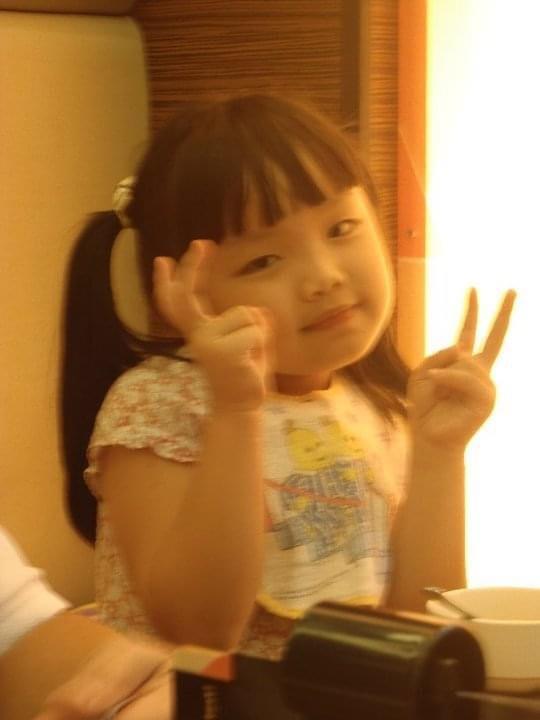

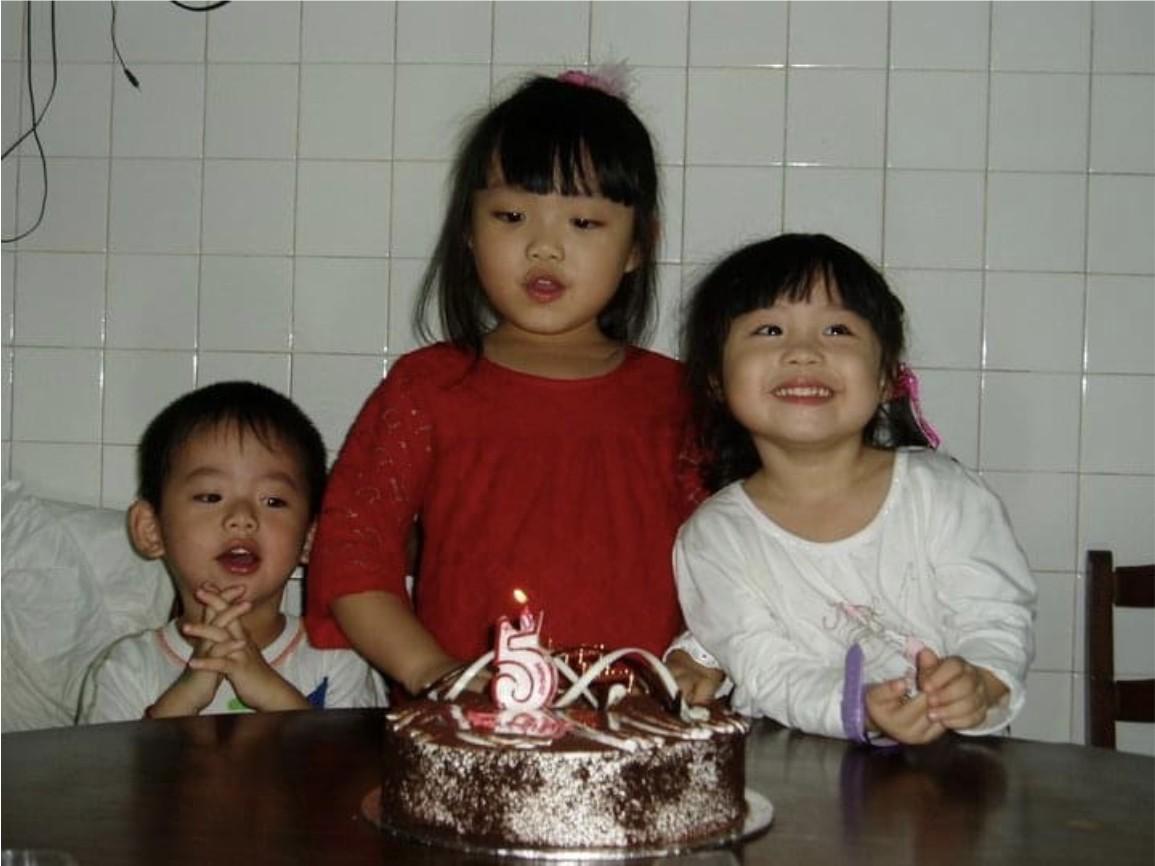

• Earliest way children show that each of them has different personalities with their stable behavioral and emotional characteristics (Ciccarelli & White, 2015)
• The foundation for the development of an individual’s personality traits (McAdams, 2010)
- temperament traits at the age of 3 is closely related to the --- personality that one owns at 26
• Easy = follows a regular routine
• Slow to warm up = need more time to get used to new environments or people, usually after warming up they will be all happy and bubbly again
• Hard = follows an irregular routine

• Childhood temperament trait is a key factor to the development of later personalities
- including mental health, academic performance and adult personality (Strickhouser & Sutin, 2019).
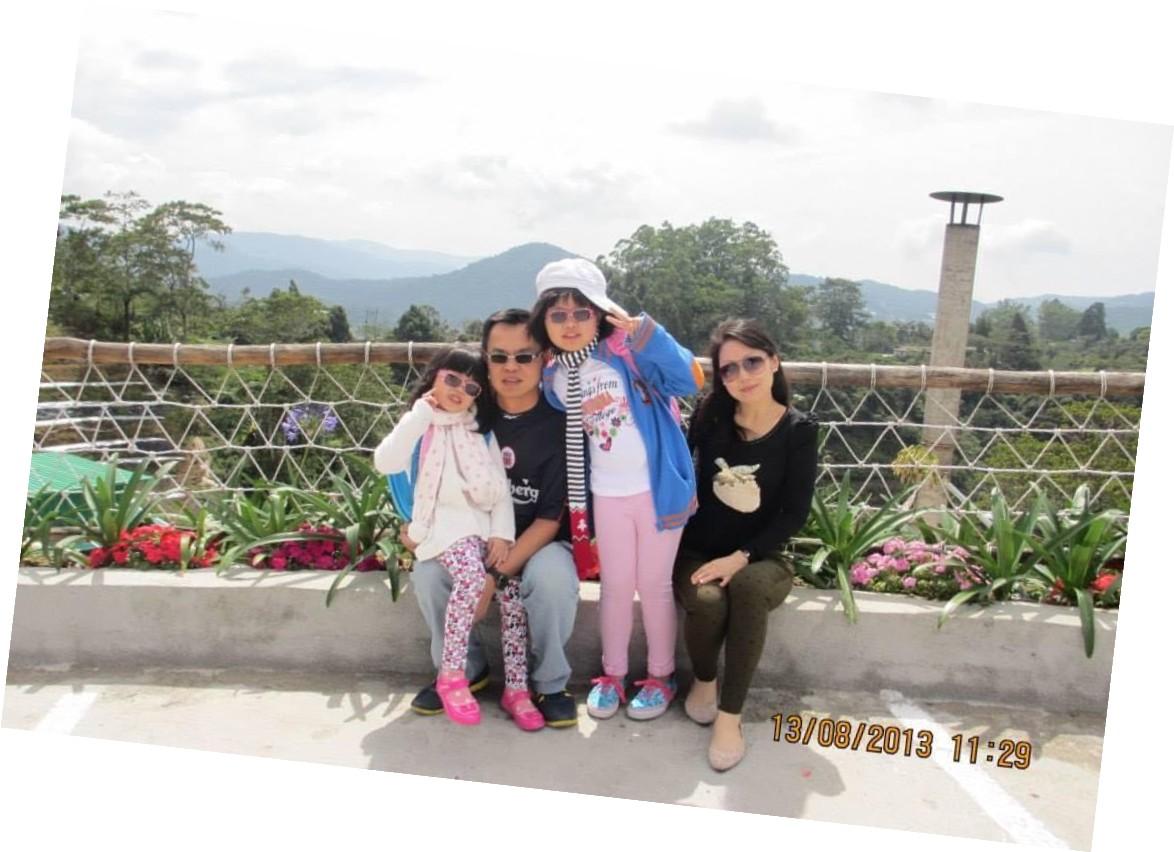
• Formed based on different interaction and behaviors in a relationship (Cherry, 2022)
• Interaction with parents + significant other
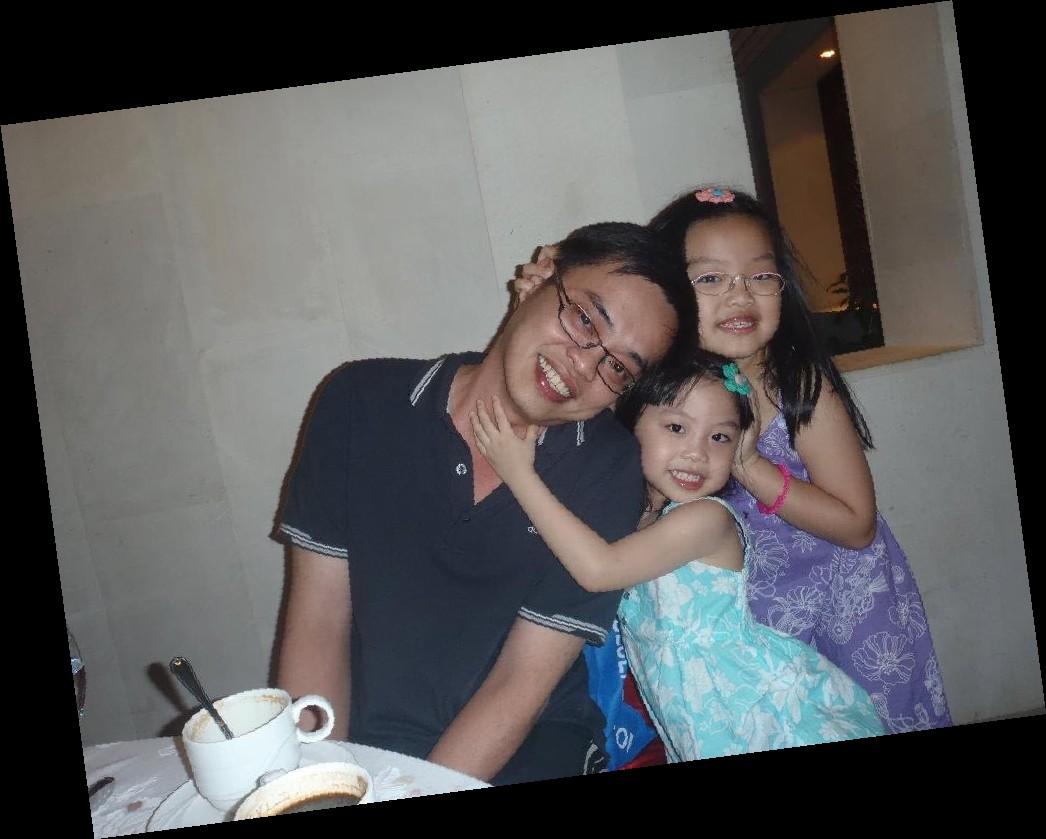
• Four types of parenting styles (Gorostiaga, et al., 2019)
- authoritative = unrestrictive, involving with necessary boundaries
- authoritarian = extremely strict and controlling
- permissive = barely have any rules set and give huge amount of autonomy
- neglectful = do not show any interest and allow children to do everything
• Demandingness and responsiveness (Maccoby & Martin, 1983)
• Ciccarelli and White (2015), there are few kinds of attachment styles
- secure attachment = secured, trust that their needs will always be fulfilled (sensitive and consistent caretakers)
- avoidant attachment = emotional and distant, needs may not be met (disengaged caretakers)
- ambivalent attachment = anxious and insecure, cause children to not rely on parents or caretakers to have their needs met (inconsistent and sometimes neglectful caretakers)
- disorganized attachment = depressed and nonresponsive, very confused with the possibilities of their needs being satisfied (extreme erratic and passive caretakers)




• Reflects on the stages that every one of us go through from the first to last day of our life (Cherry, 2022).
• It also emphasis the influence of one’s social and emotional factors in psychological growth
• Emotional crisis and turning point which determines individuals’ personality and their ability to form a normal and healthy psychological feature (Ciccarelli & White, 2015).
• Started attending kindergarten, I was five years old
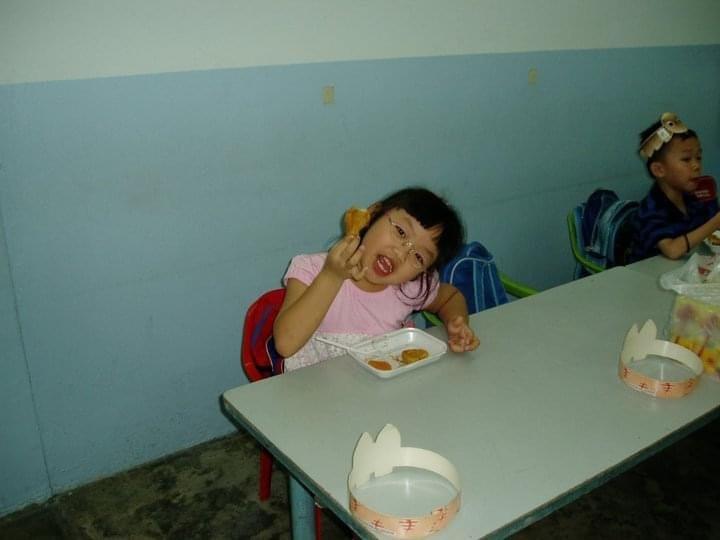
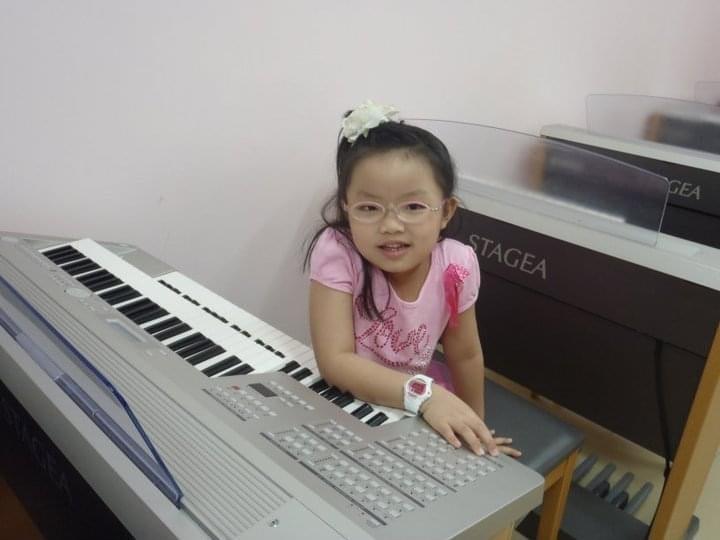

• Various tuitions and interest classes
• Interprets how a person functions and their hard work (Cherry, 2022)
• Industrious person is more willing to develop and master their skills to accomplish success


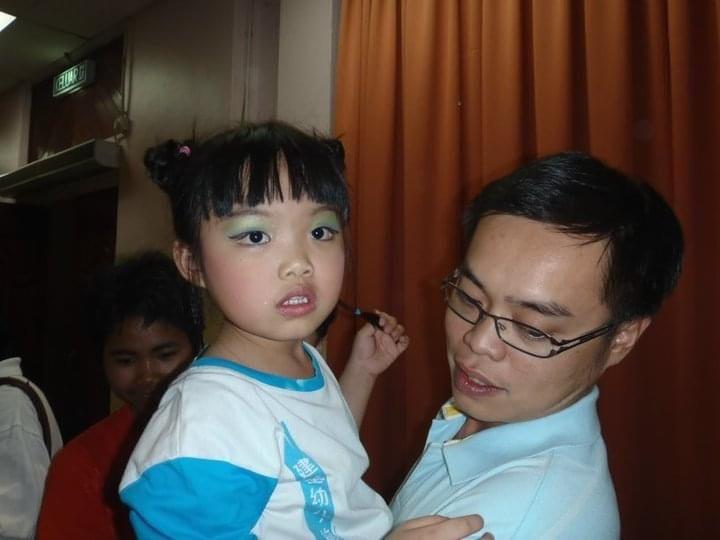

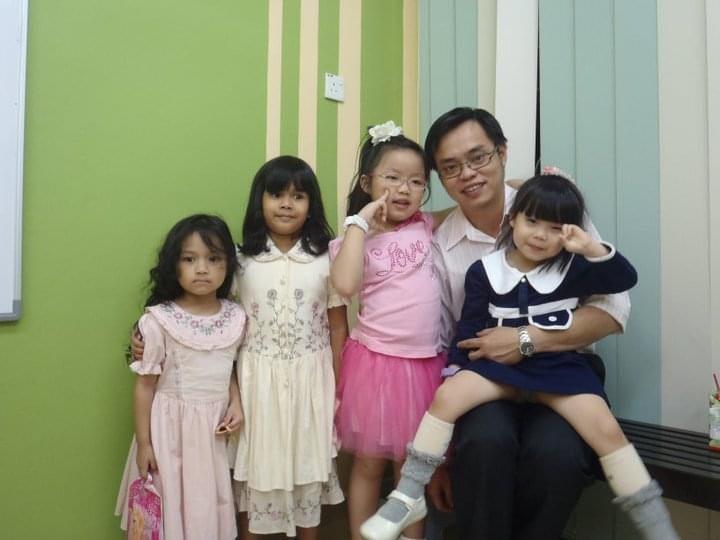

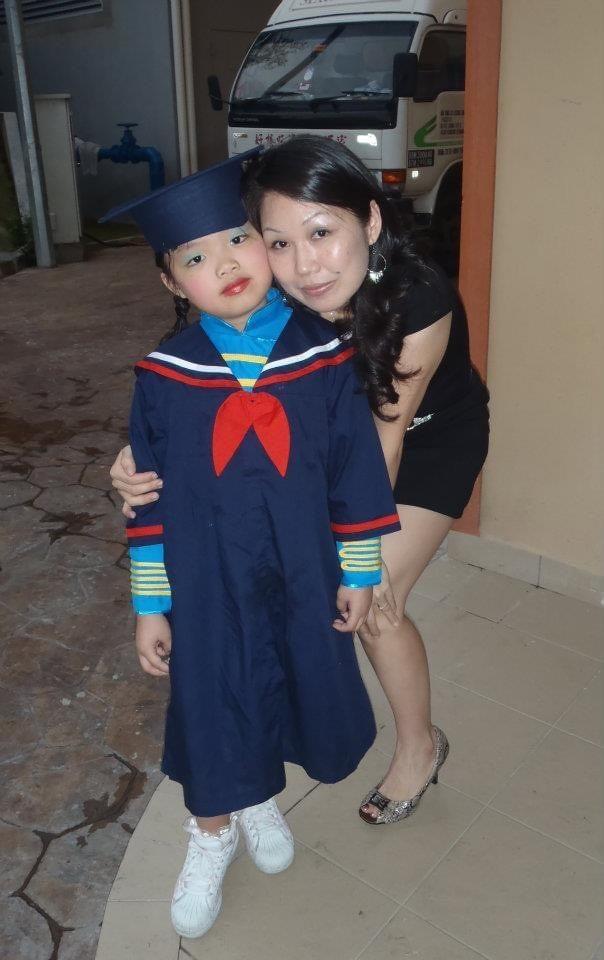
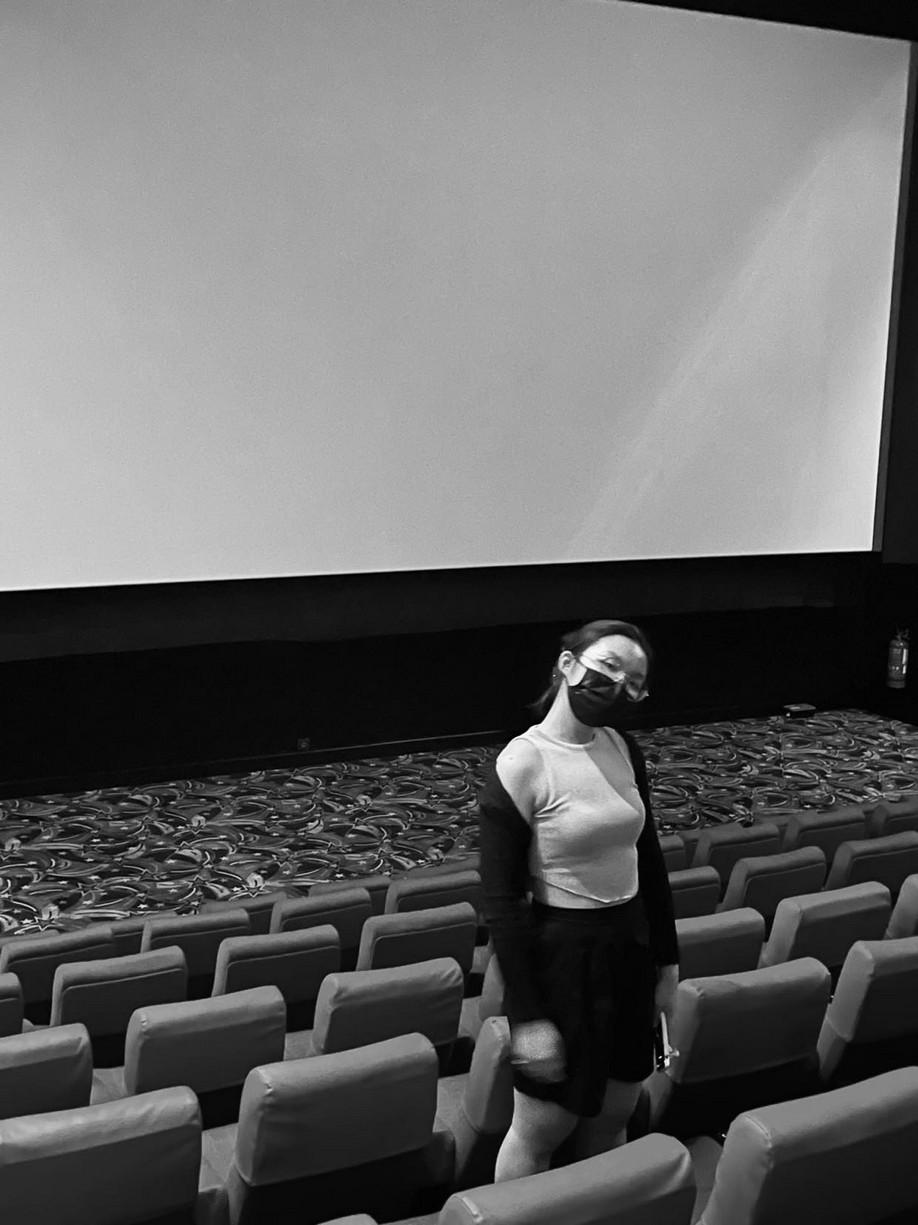




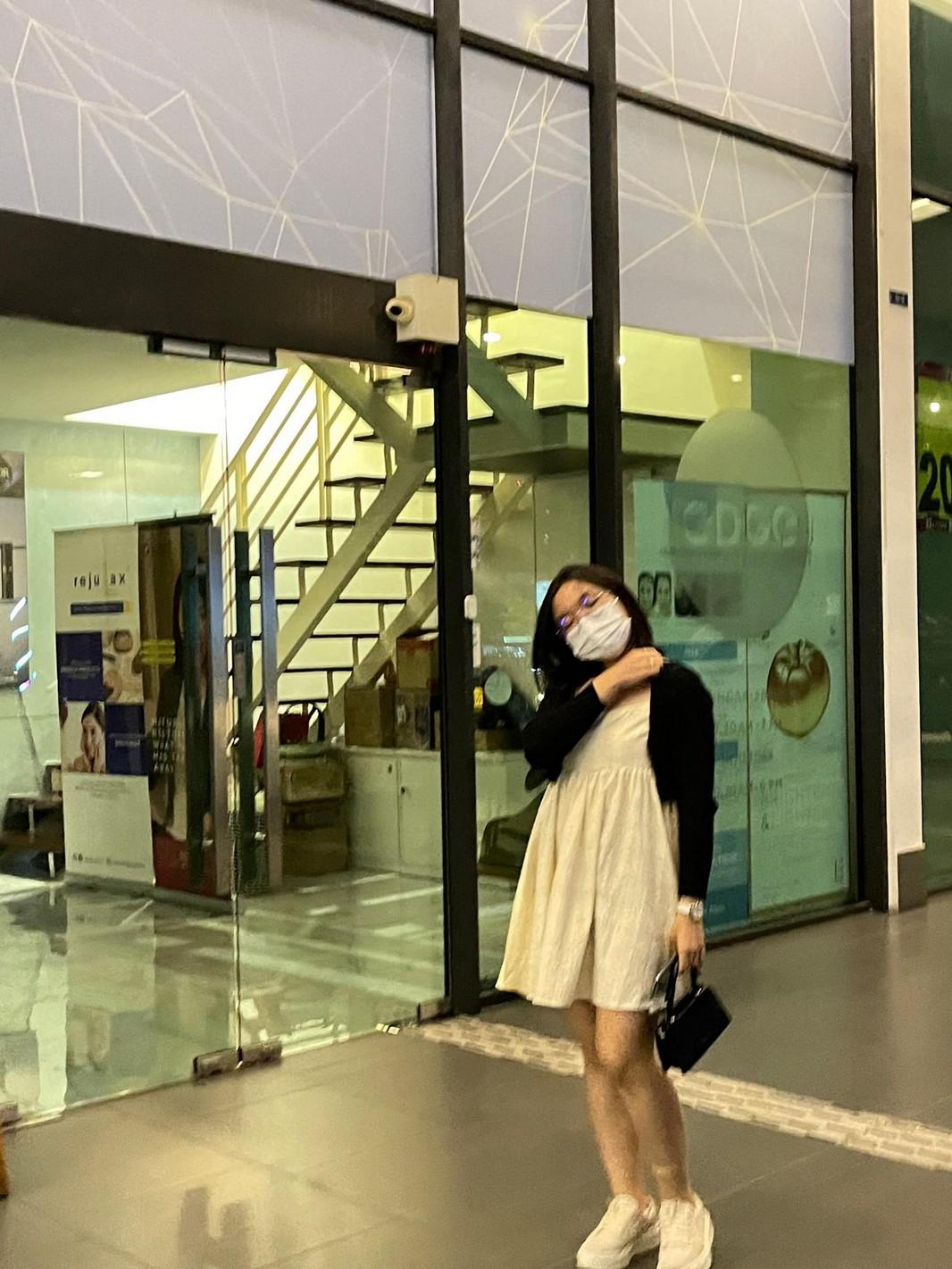

• State of worry or mental tension due to difficult situations in our lives
• Environmental stressor = catastrophe
- a sudden and threatful event that requires instant adaption

• Psychological stressors = pressure and uncontrollability
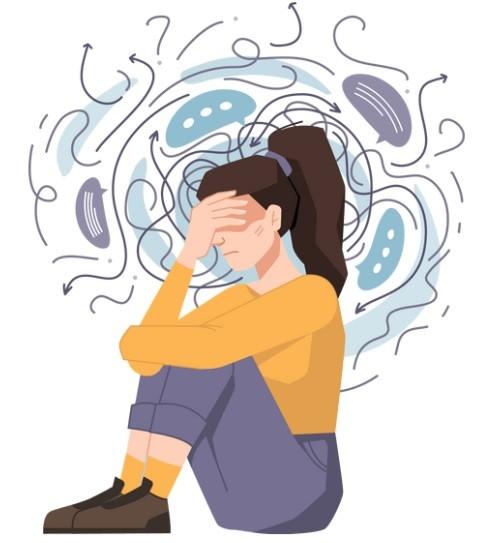

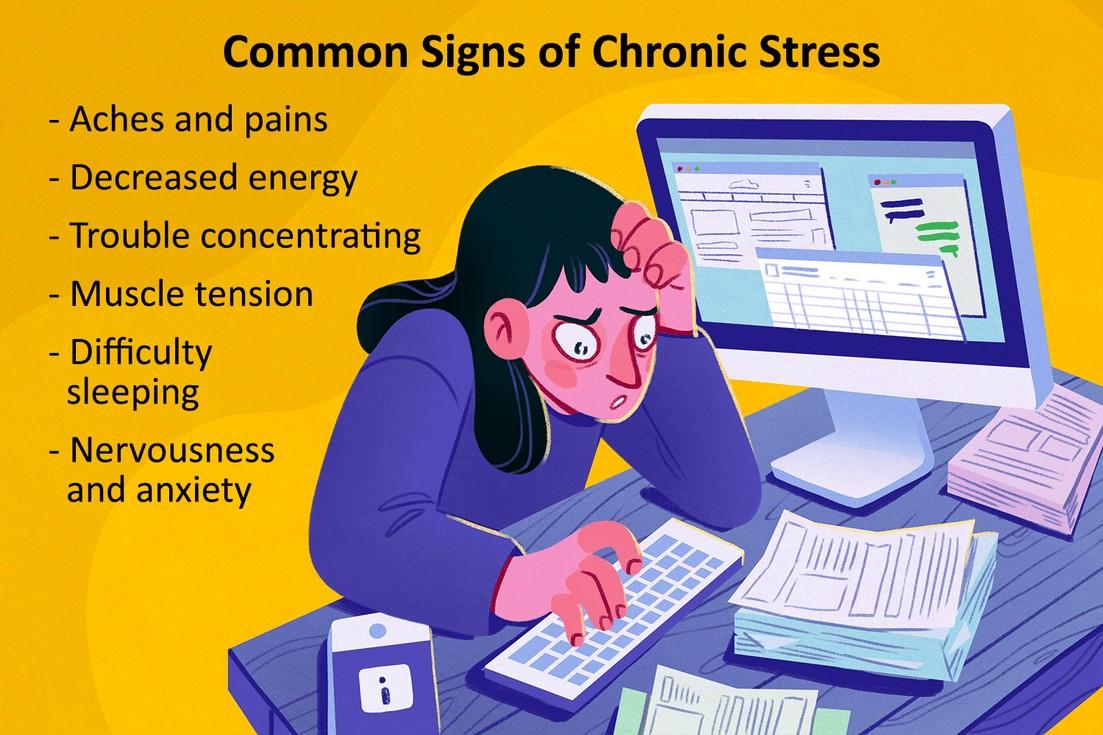
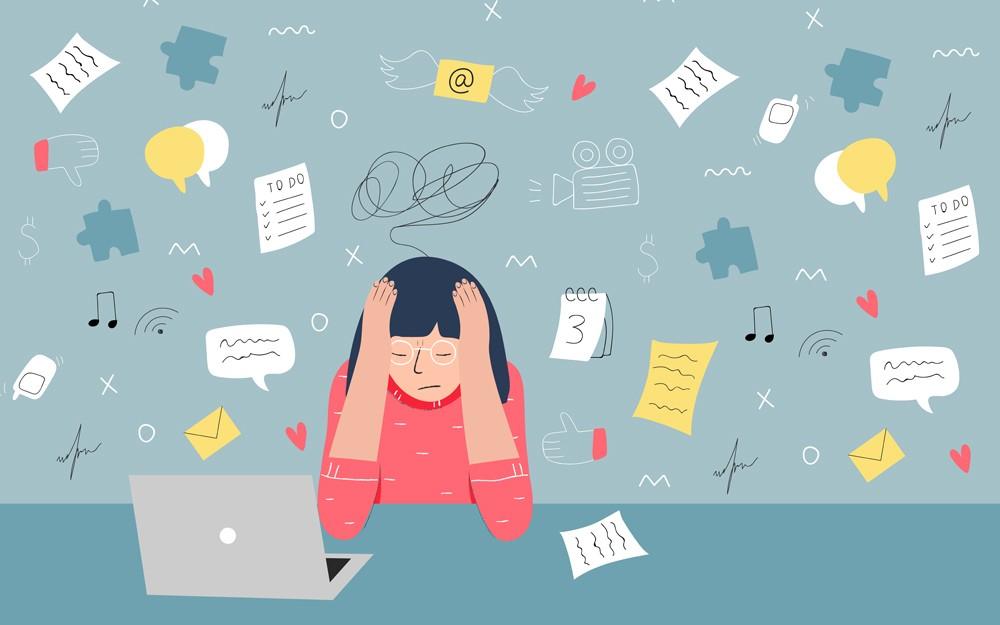
- pressure = the acute needs and expectations from others
- uncontrollability = the limit of control a person has over a situation
• Junior Unified Examination Certificate (JUEC) + MCO
• Love + hate relationship
- higher motivation can reflect on higher academic performance 0 (Kori et al., 2016, as cited in Tus, 2020)
• Scott (2023) reported perfectionists as individual that have really high standards and are highly critical.
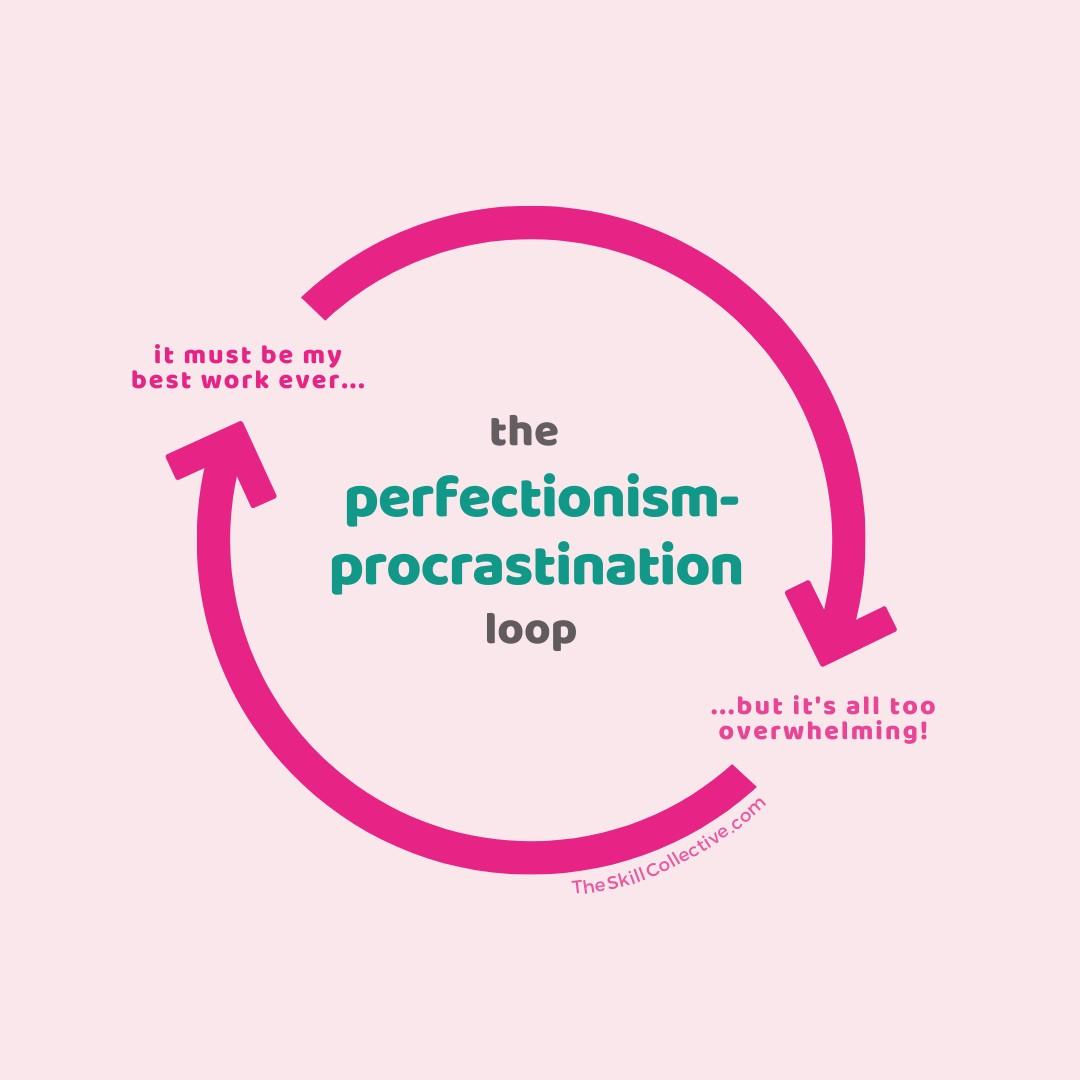
• The all-or-nothing thinking, highly critical towards oneself and others, fearful of failure, tendency to set unrealistic goals and procrastination
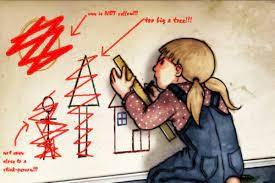
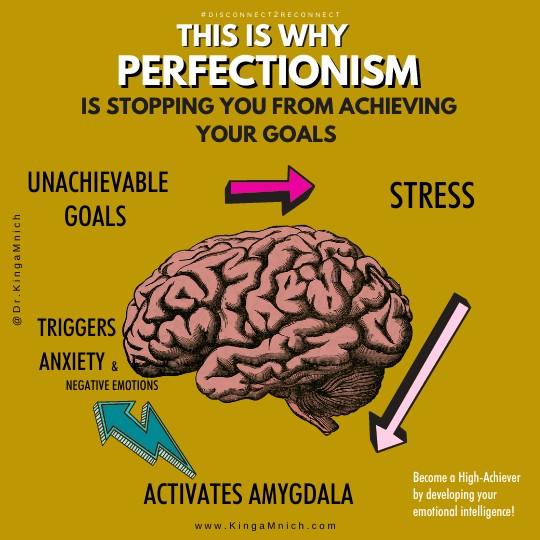

• Cause by poor self-esteem, a sense of inadequacy and a need to control things (Scott, 2023)
- insecure when comparing myself with others
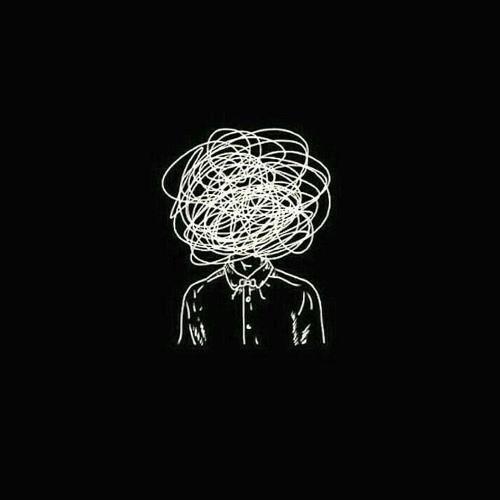
• Process of thinking about something for an unreasonable long amount of time and overly analyzing it (Morin, 2023)

• Always having a second guess on decision made, always thinking about the worst consequence, hard to relax and mental exhaustion
• Environmental stressors like catastrophe as well as psychological stressors like pressure, uncontrollability, and frustrations can lead to the act of overthinking
- all international students in China are not allowed to return home this life taking and uncontrollable situation = students have higher tendencies to overthink and seep in negative thoughts (Jamshaid.S et.al, 2020)
• Really stress, lost and miserable
• Not considered as a mental illness
• It has the potential to cause various mental illness. For instance depression, Obsessive-compulsive Disorder (OCD), panic disorder and many more (Morin, 2023)

• Stress, perfectionism, and overthinking had led me to burnout
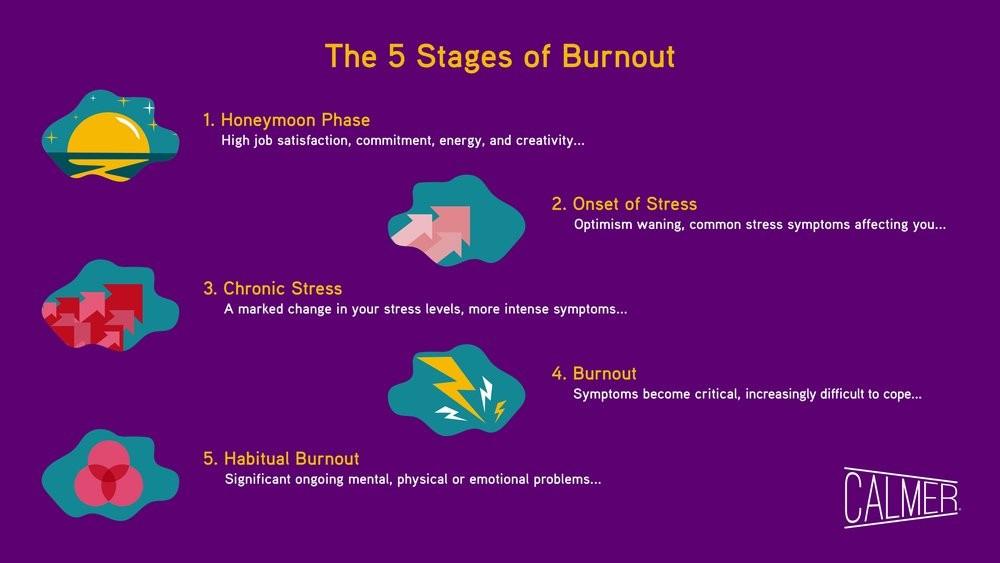

• To maintain the standard and to live up to the expectations
• Difficult to focus, study and to be as driven as I was before
• Plans were all over the place and started to feel meaningless in everything I do
• Long period of stress that triggers exhaustion, hate emotion towards something that one used to be passionate about and low level of motivations (Scott, 2022)
• Exhaustion
• Over-usage of one’s emotional and physical resources (Maslach & Leiter, 2016)
• Feels drained and used up, with no energy to carry out their day
• Cynicism = detached feeling towards one’s life, job and things that they were passionate about - coping method to the overwhelming stress and workload



• 13 to our early 20s (Ciccarelli & White, 2015)
• Establish a sense of self, definitions of life and independency

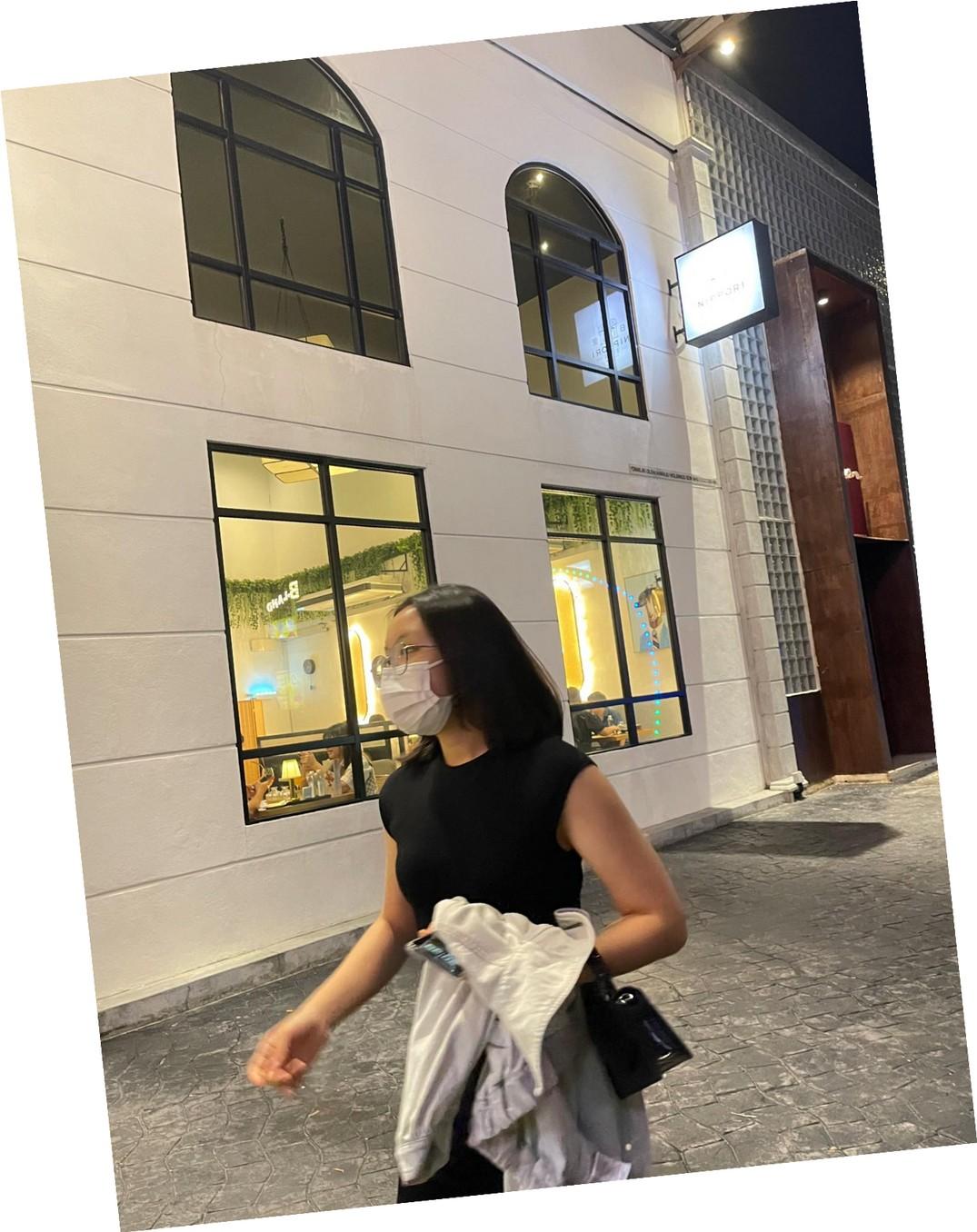
• Feeling lost and miserable, neither knowing who they are nor where they are heading to (Cherry, 2022)
• Sexual and occupation as mentioned by Erikson (Mcleod, 2023)
• Personalities, families, cultures, peers, communication technology and social networking sites (Upreti, 2017)



• Authoritative + secure attachment
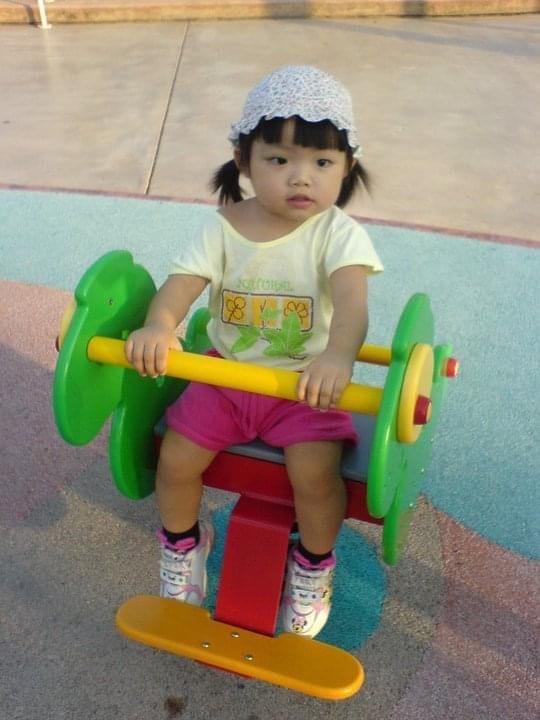
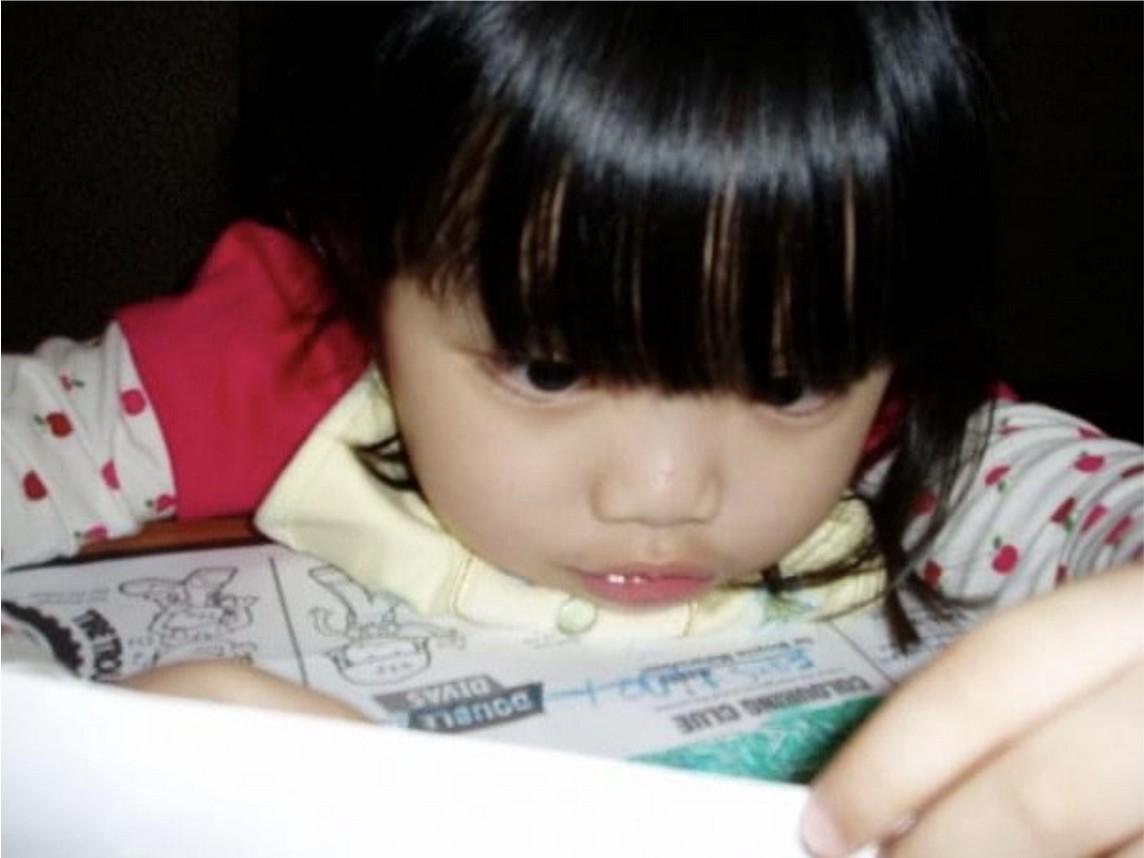
• Industrious
• Stress + Perfectionism + Overthinking = Burnout
• Identity VS Role Confusion
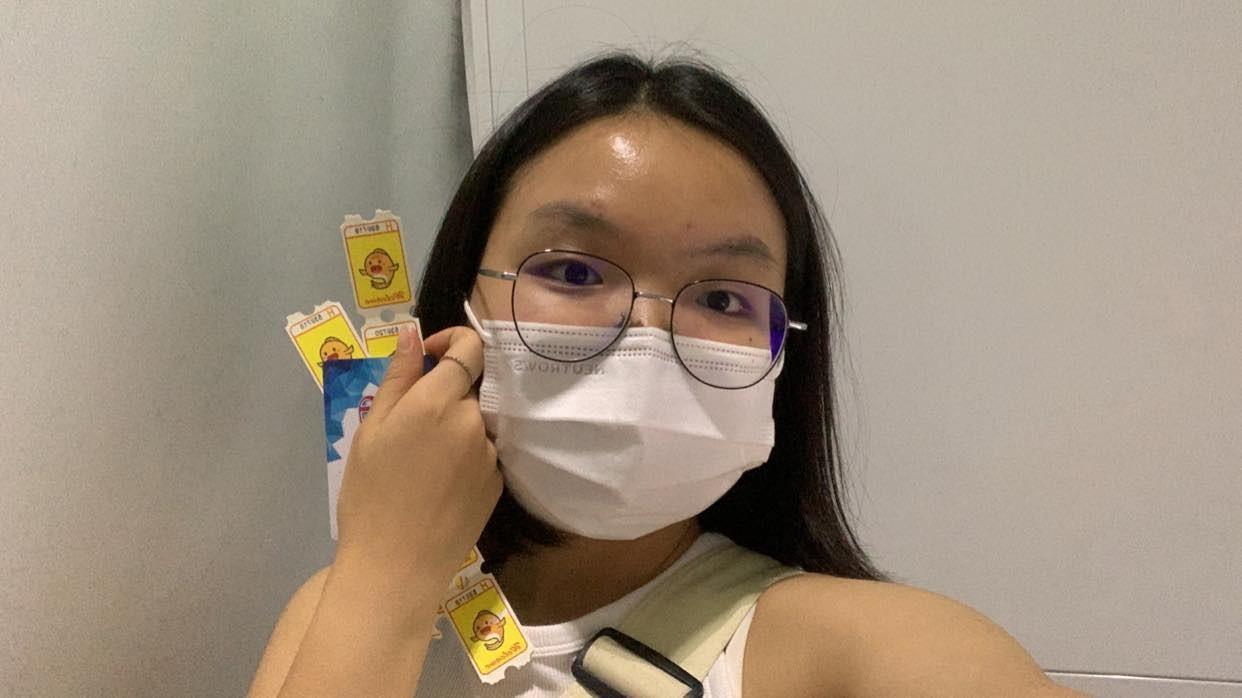

Cherry.K, (2022, December 29). Industry vs. Inferiority in Psychosocial Development. VeryWellmind. https://www.verywellmind.com/industryversus-inferiority-2795736

Cherry.K, (2022, June 22). Identity vs. Role Confusion in Psychosocial Developmentt. VeryWellmind.https://www.verywellmind.com/identityversus-confusion-2795735
Cherry.K, (2022, May 26). The Different Types of Attachment Styles. VeryWellmind. https://www.verywellmind.com/attachment-styles-2795344
Ciccarelli S.K & White J.N (2015). Psychology (4th ed.). Pearson
Gorostiaga.A et al. (2019). Parenting Styles and Internalizing Symptoms in Adolescence: A Systematic Literature Review. International Journal of Environmental Research and. Public Health 2019. 16(17), 3192;
https://doi.org/10.3390/ijerph16173192
Jamshaid.S, Malik.N.I, Haider.A.A, Jamshed.K & Jamshad.S (2020). Overthinking Hurts: Rumination, Worry and Mental Health of International Students in China During Covid-19 Pandemic. Advances in Social Science, Education and Humanities Research. 491. 10.2991/assehr.k.201201.004
Maslach.C & Leiter.M.P (2016). Stress: Concepts, Cognition, Emotion, and Behavior. Handbook of Stress Series Volume 1.
https://doi.org/10.1016/B978-0-12-800951-2.00044-3
McAdams.D.P & Olson.B.D (2010). Personality Development: Continuity and Change Over the Life Course. Annual Review Psychology. 2010(61), 51742. 10.1146/annurev.psych.093008.100507
Mcleod.S (2023, June 9). Erik Erikson’s Stages of Psychosocial Development. Simply Psychology. https://www.simplypsychology.org/erikerikson.html#Stage-5-Identity-vs-Role-Confusion
Morin.A (2023, February 14). How to Stop Overthinking. VeryWellmind. https://www.verywellmind.com/how-to-know-when-youre-overthinking5077069

Scott.E (2022, October 16). How to Recognize Burnout Symptoms. VeryWellmind. https://www.verywellmind.com/stress-and-burnoutsymptoms-and-causes-3144516
Scott.E (2023, February 27). Perfectionism: 10 Signs of Perfectionist Traits. VeryWellmind. https://www.verywellmind.com/signs-you-may-be-aperfectionist-3145233
Strickhouser J.E & Sutin A.R (2019). Family and neighborhood socioeconomic status and temperament development from childhood to adolescence. Journal of Personality. 88 (3), 515-529. DOI: 10.1111/jopy.12507
Tus.J (2020). Academic Stress, Academic Motivation, and Its Relationship on the Academic Performance of the Senior High School Students. Asian Journal of Multidisciplinary Studies,8(11).
Upreti.R (2017). Identity Construction: An Important Issue Among Adolescents. IOSR Journal of Humanities and Social Sciences (IOSRJHSS), 22(6), 54-57. DOI: 10.9790/0837-2206105457
